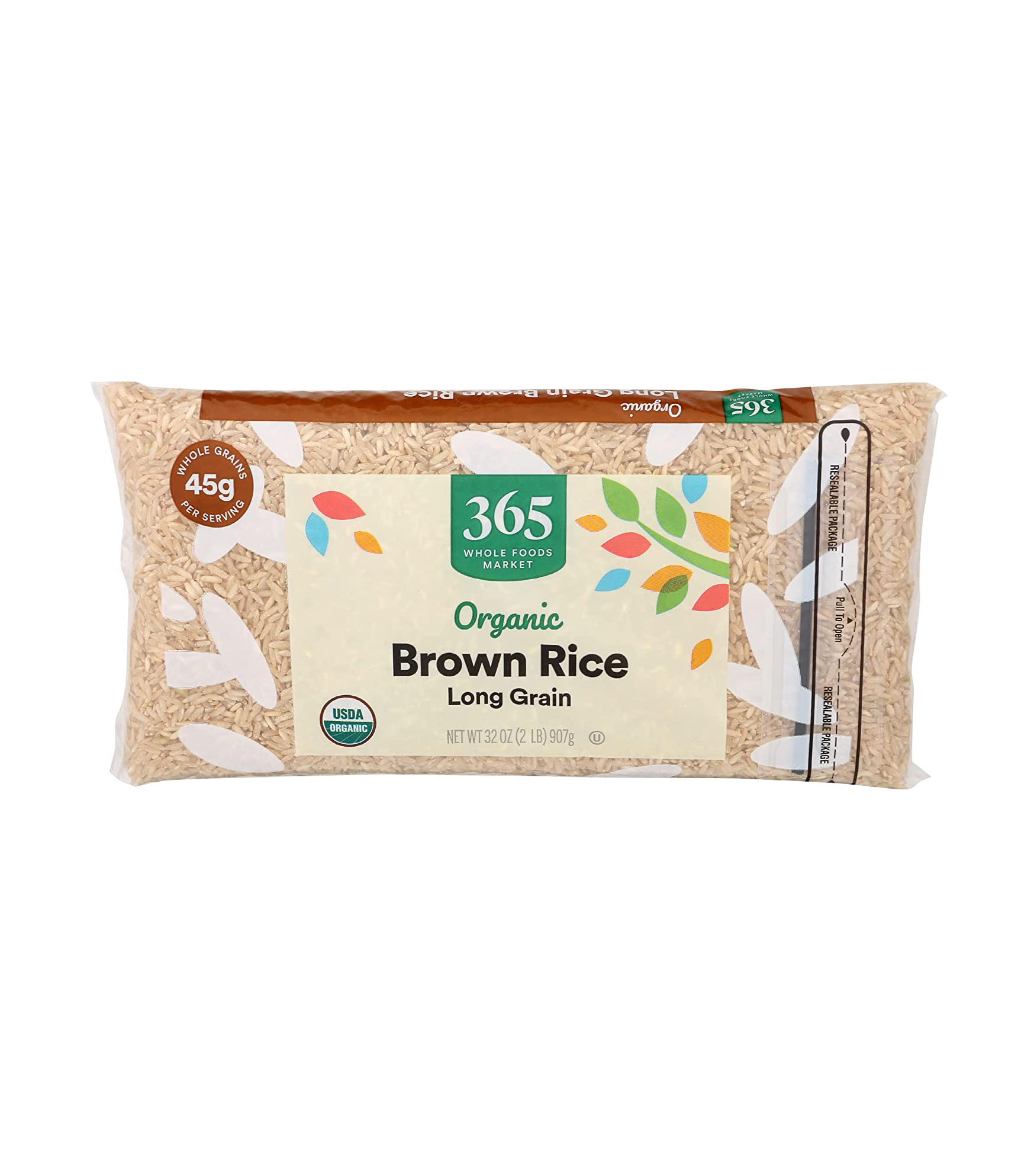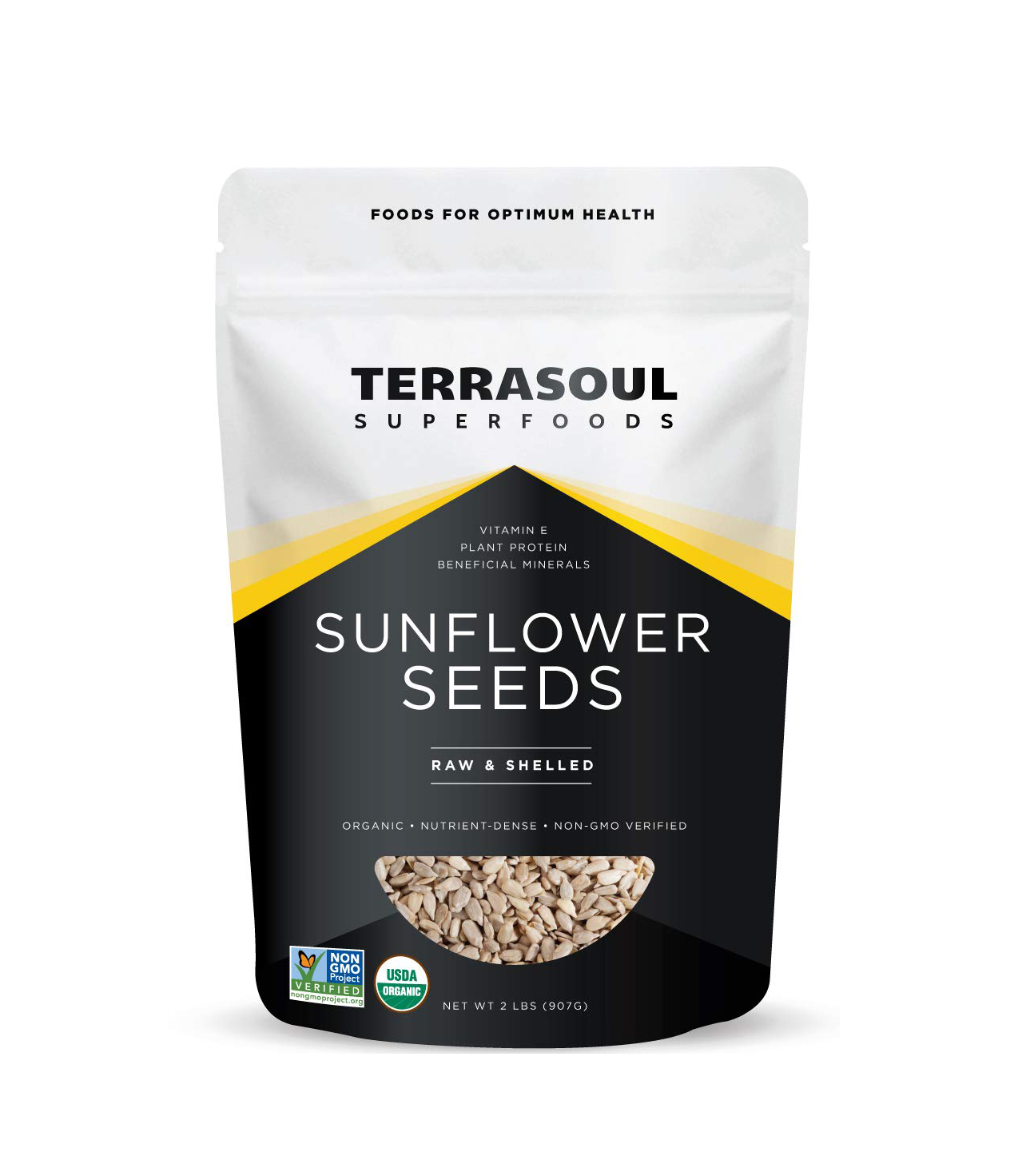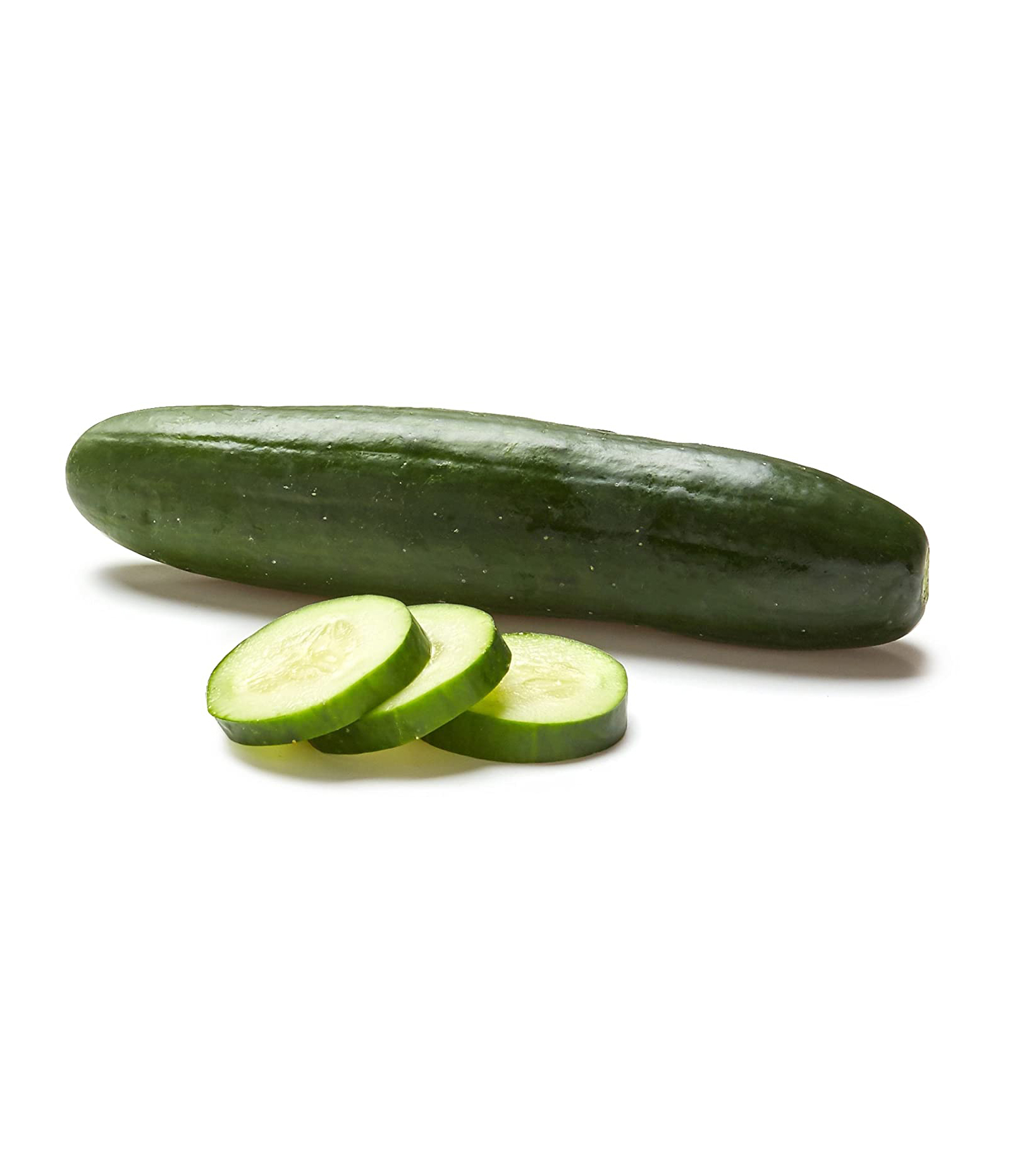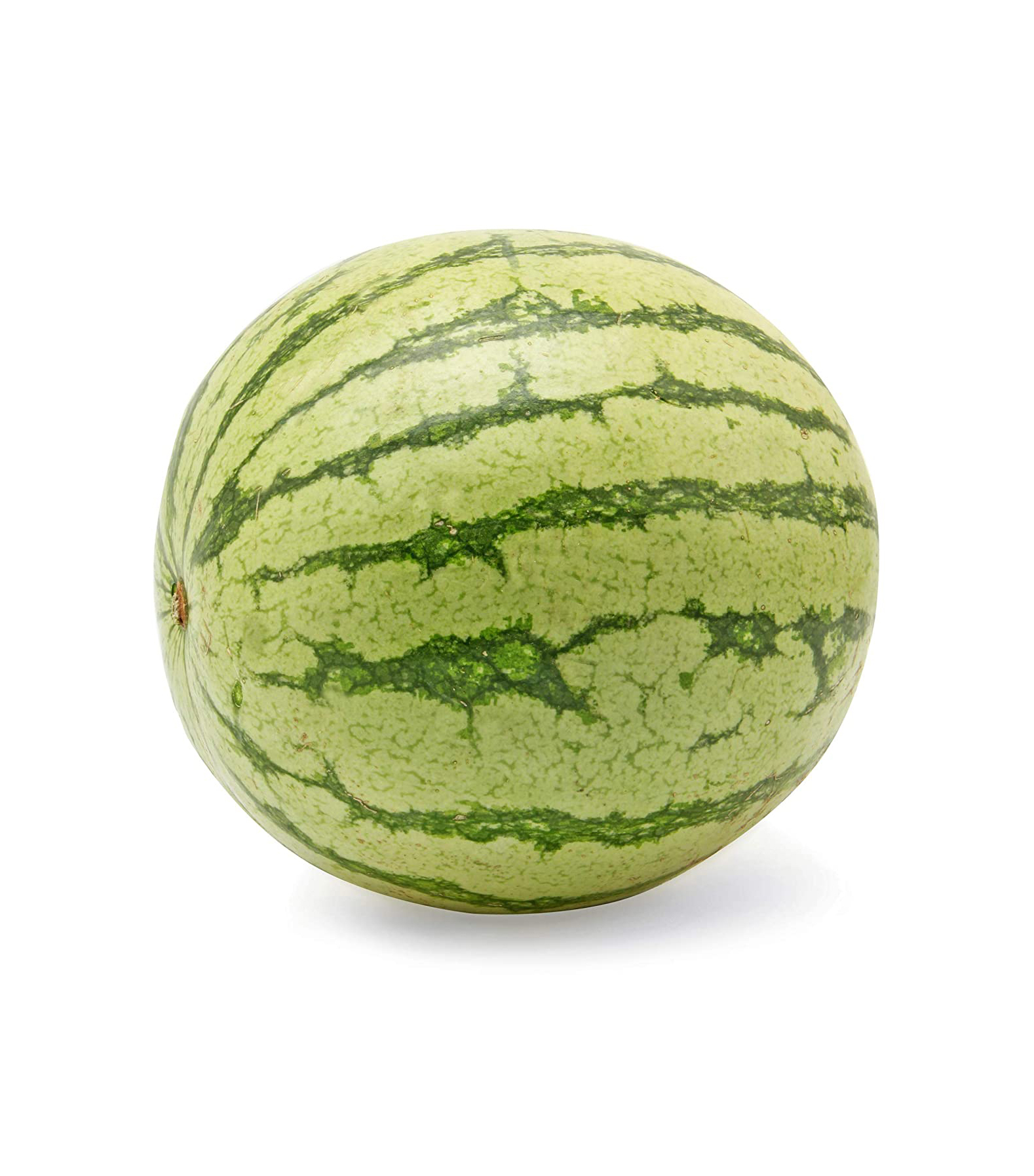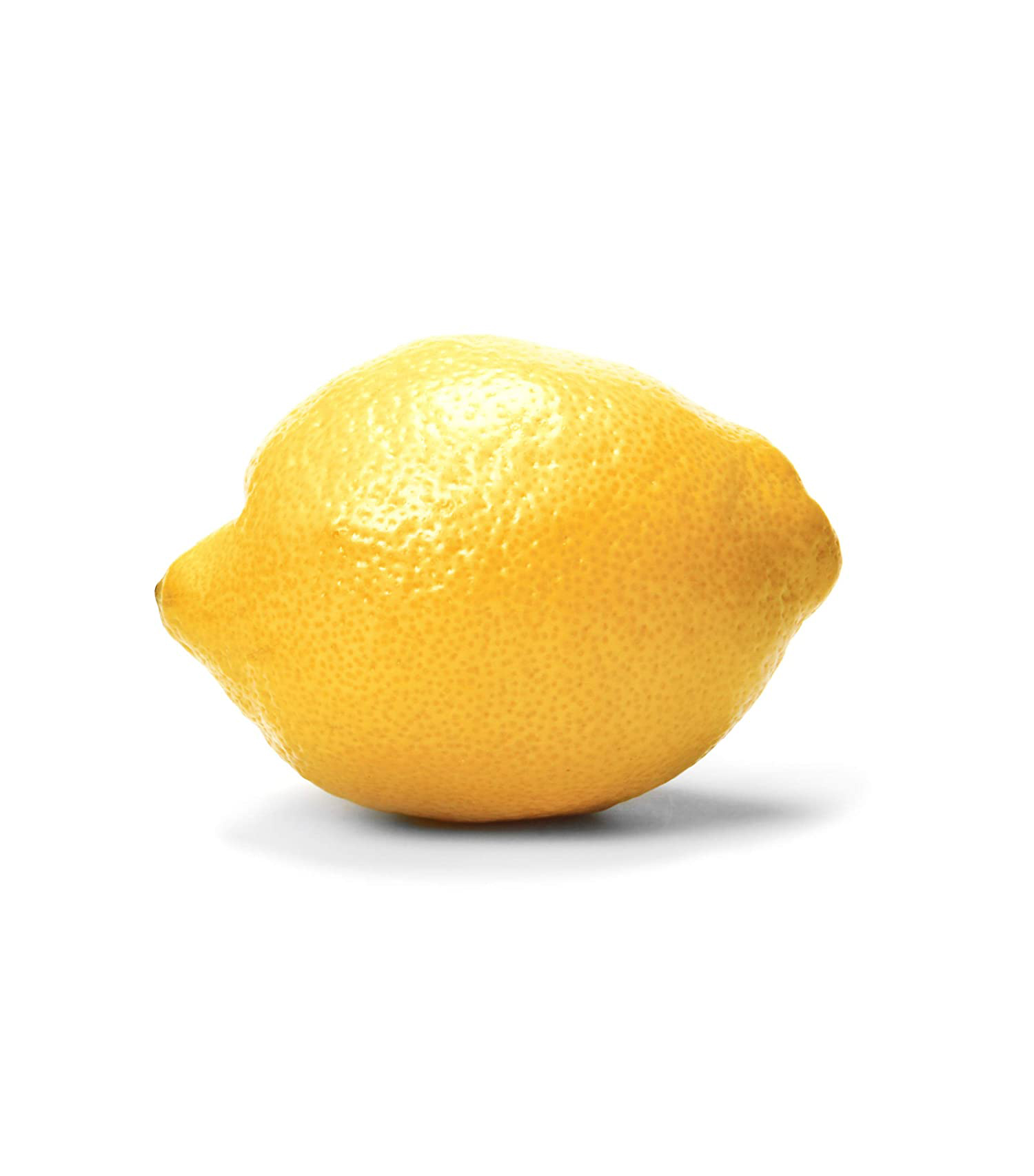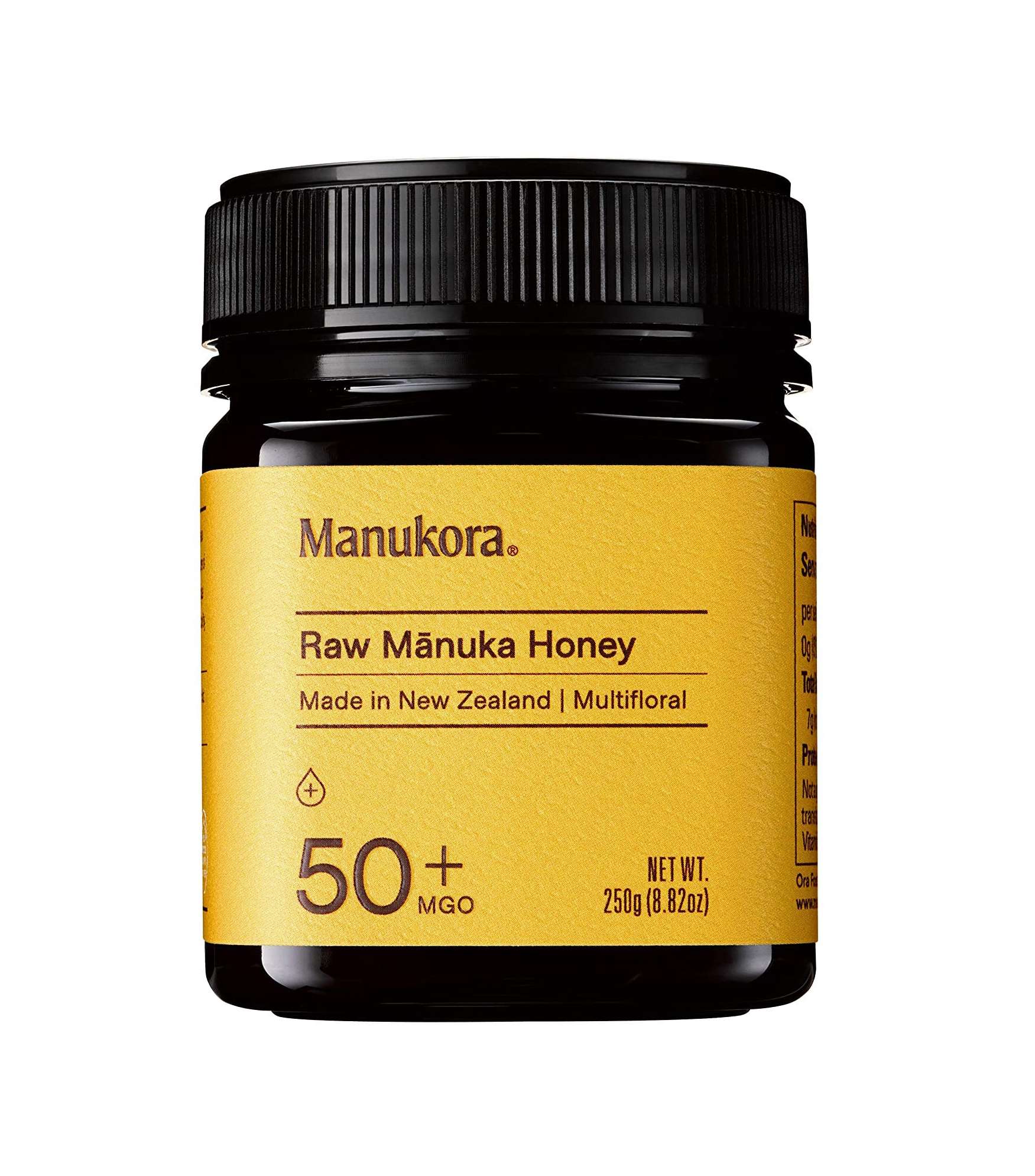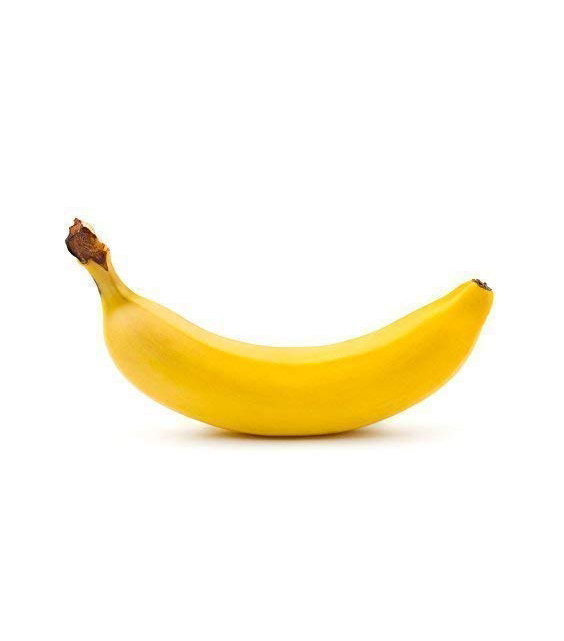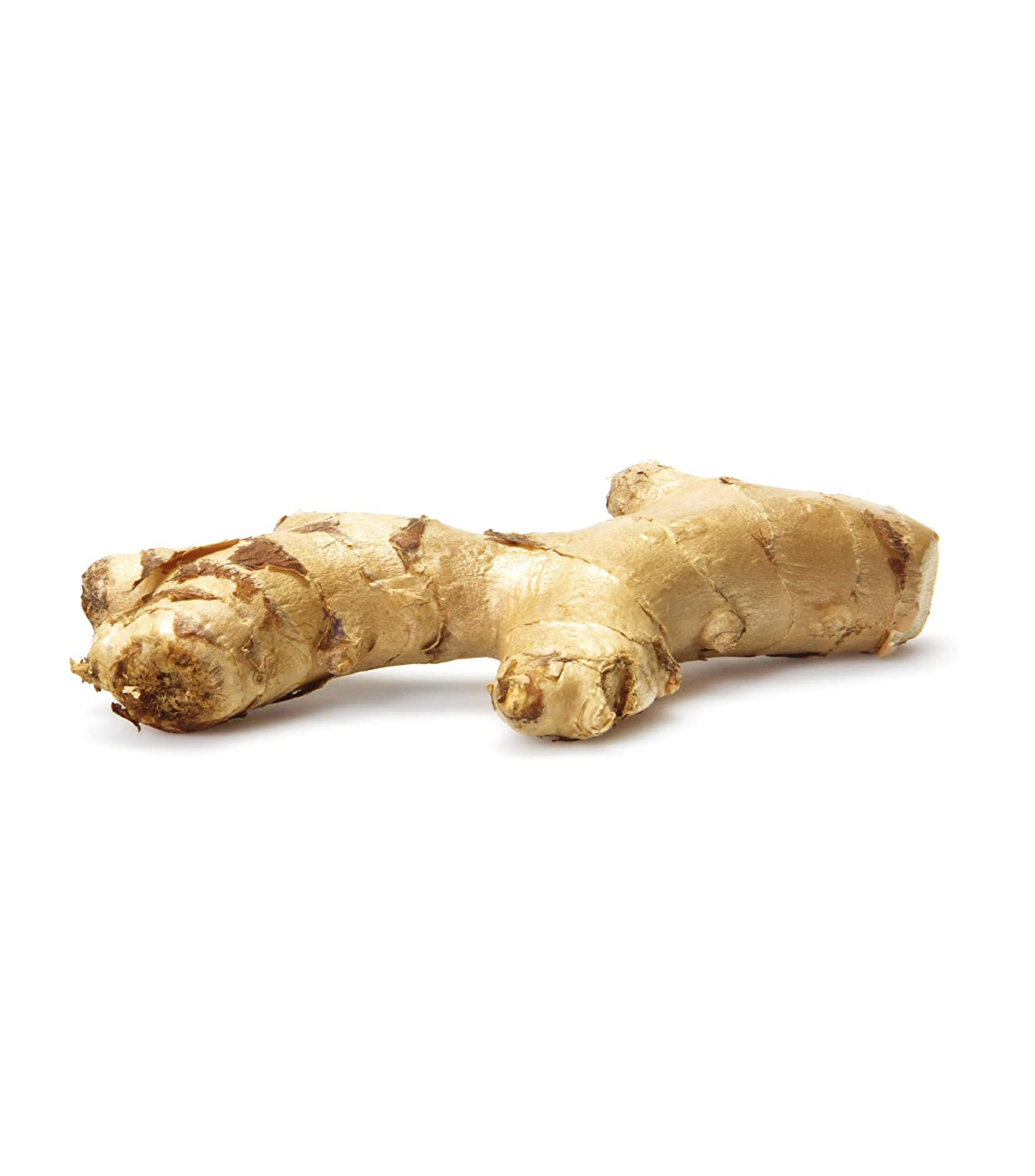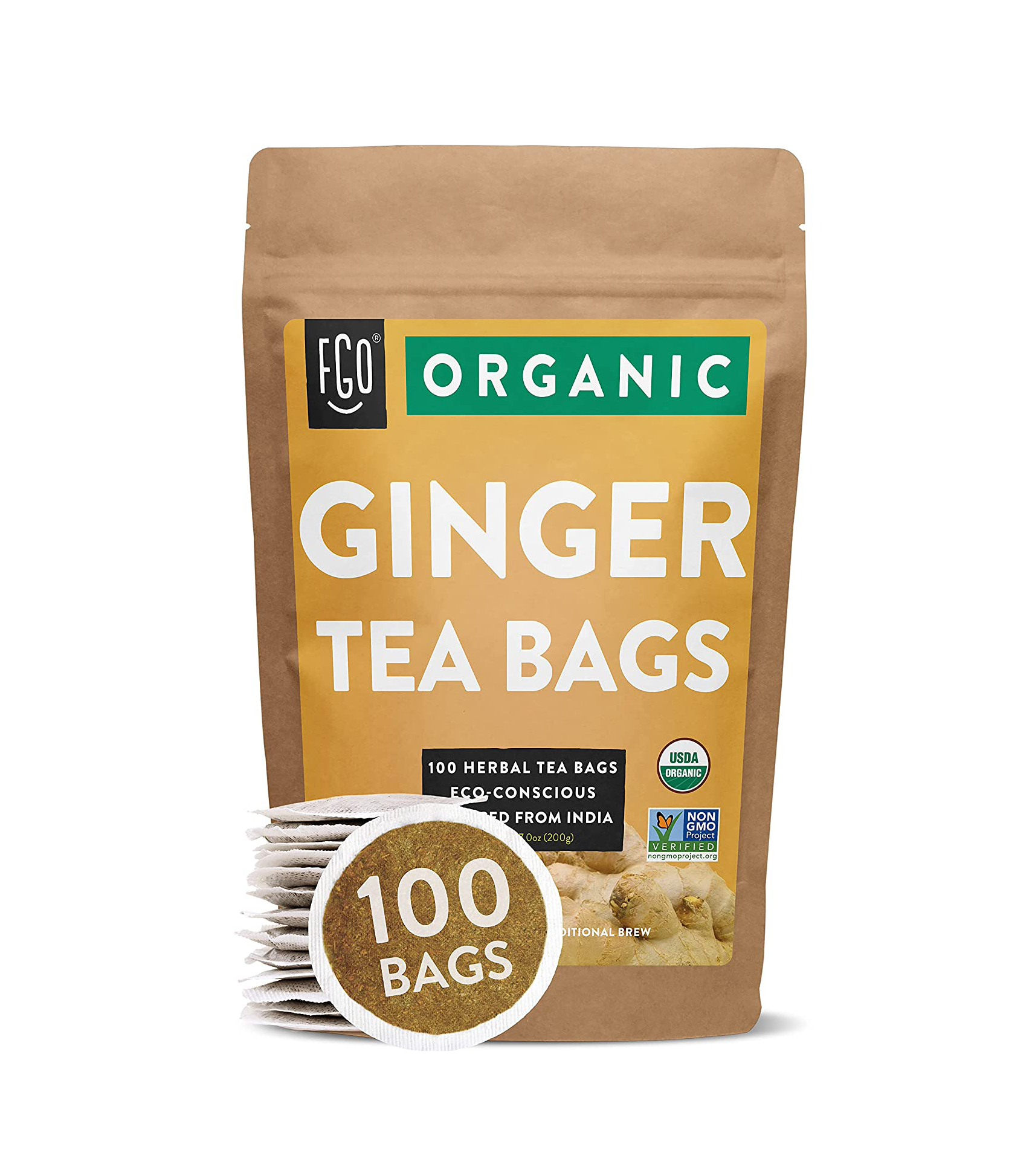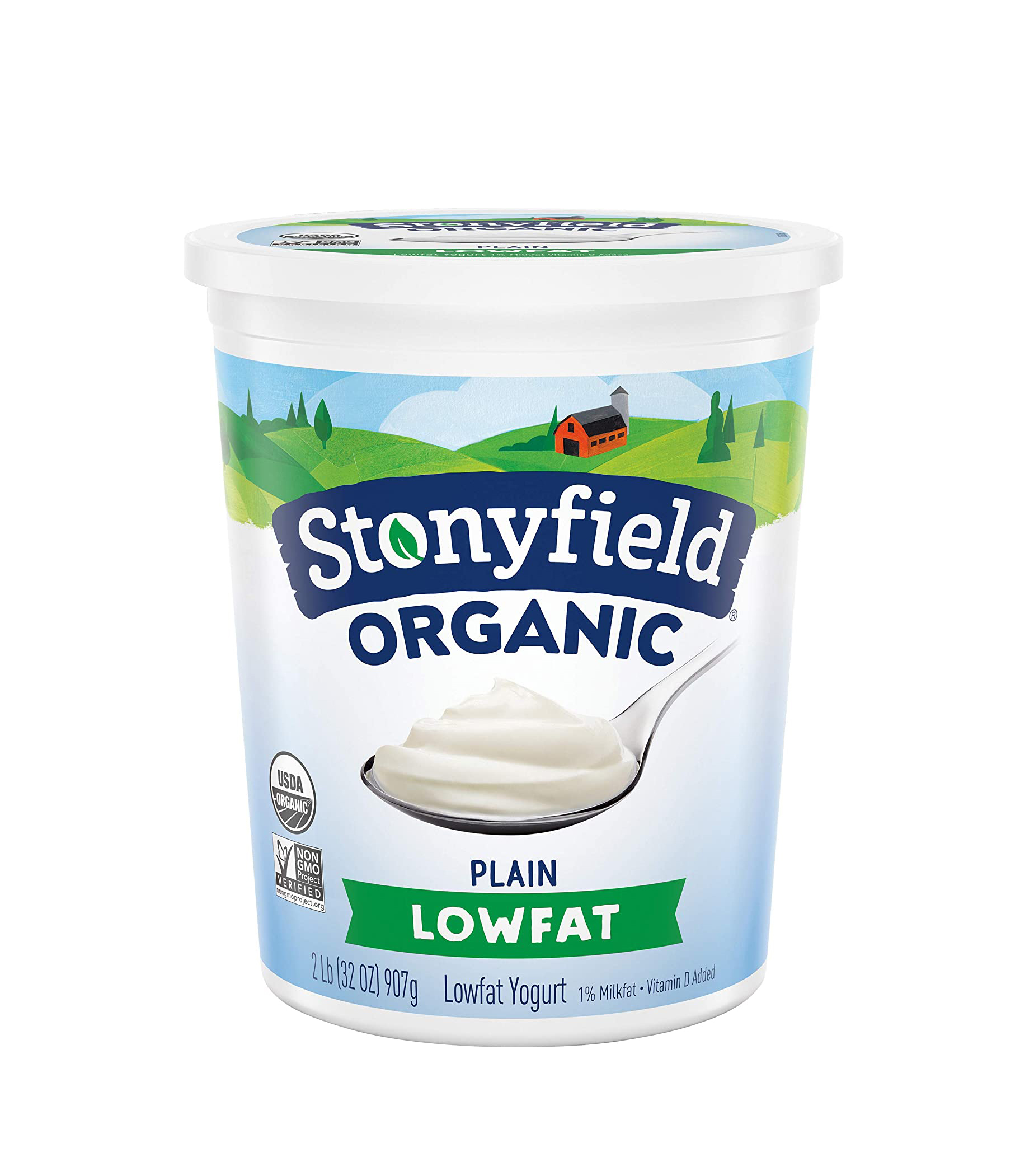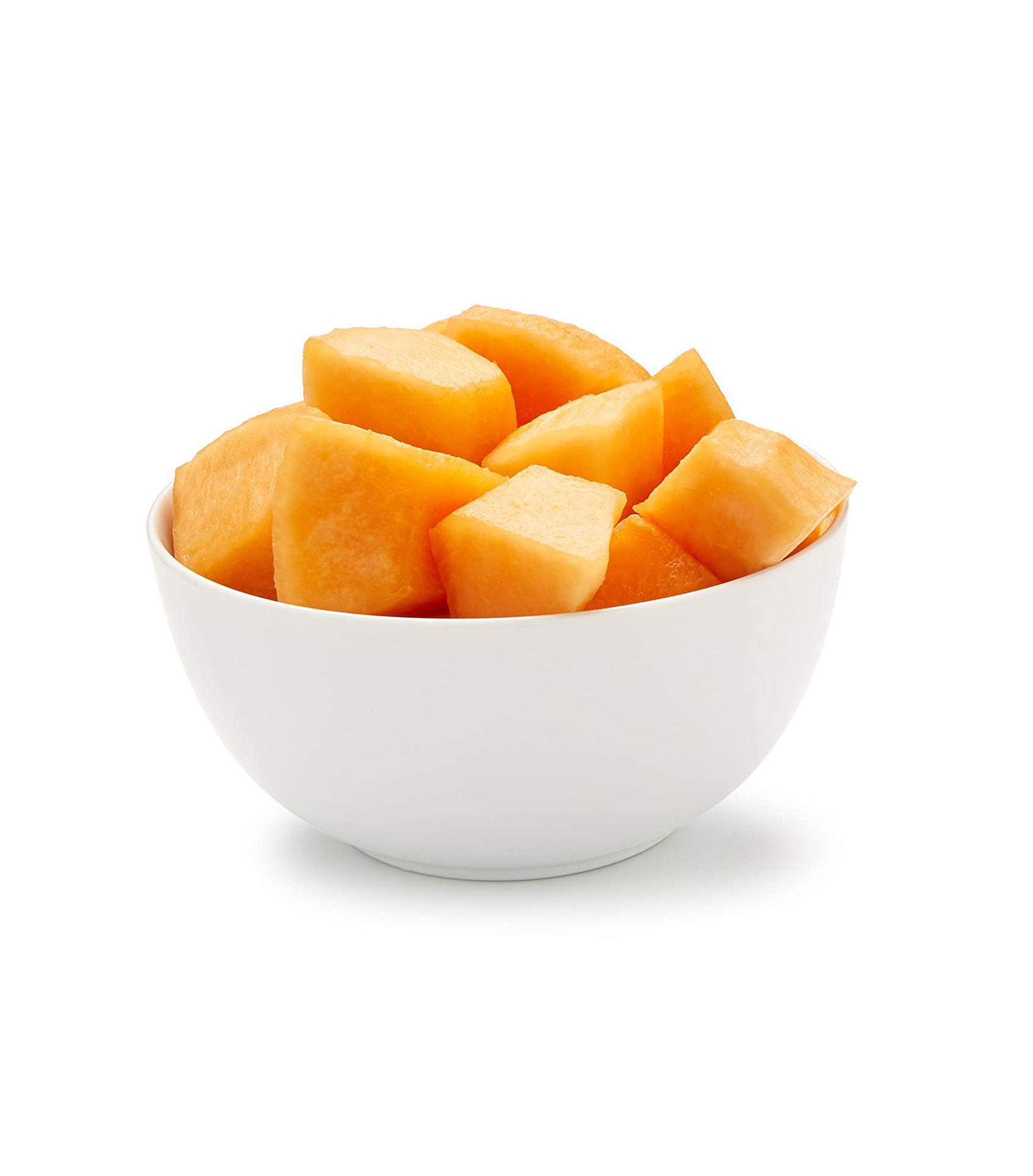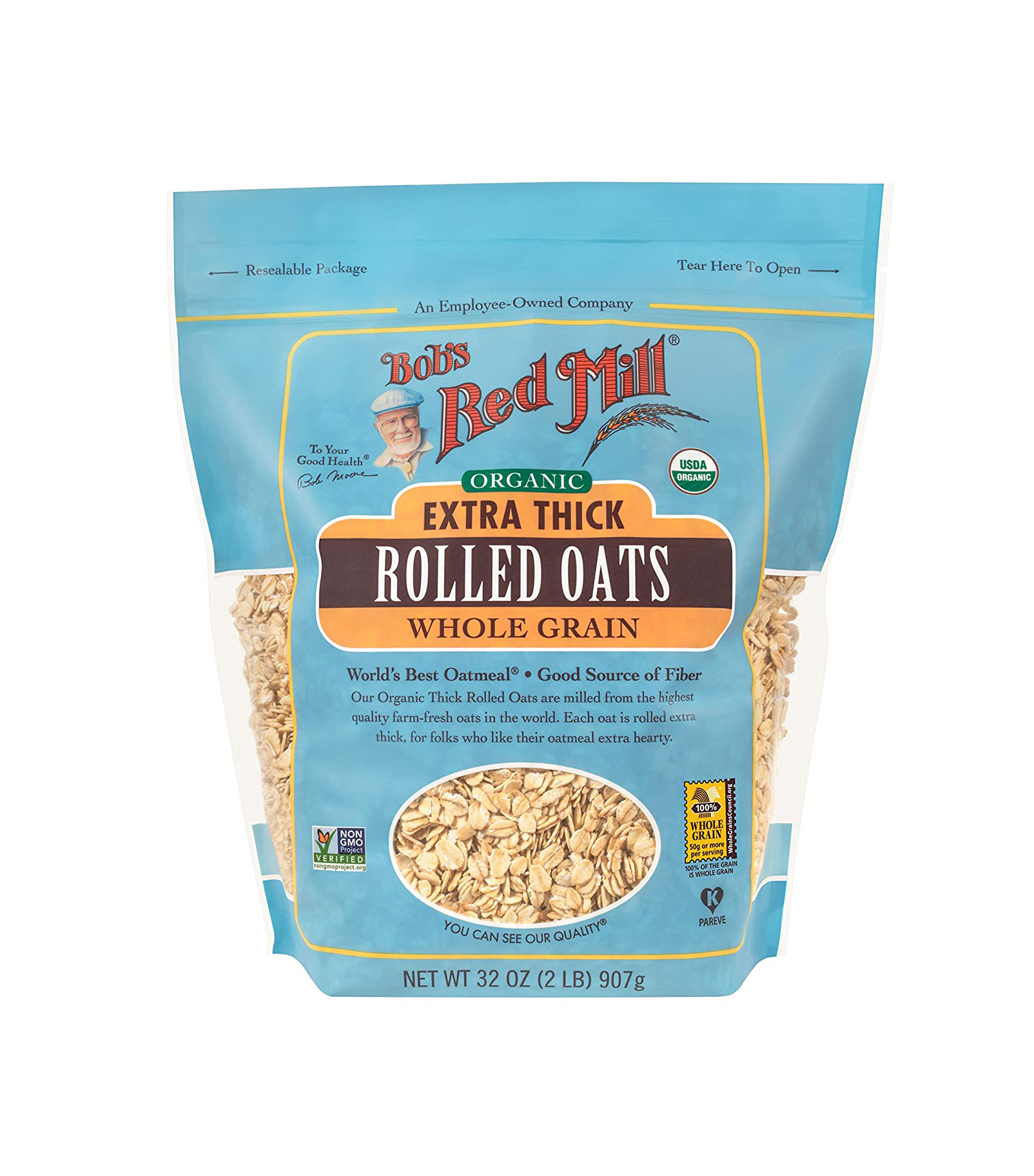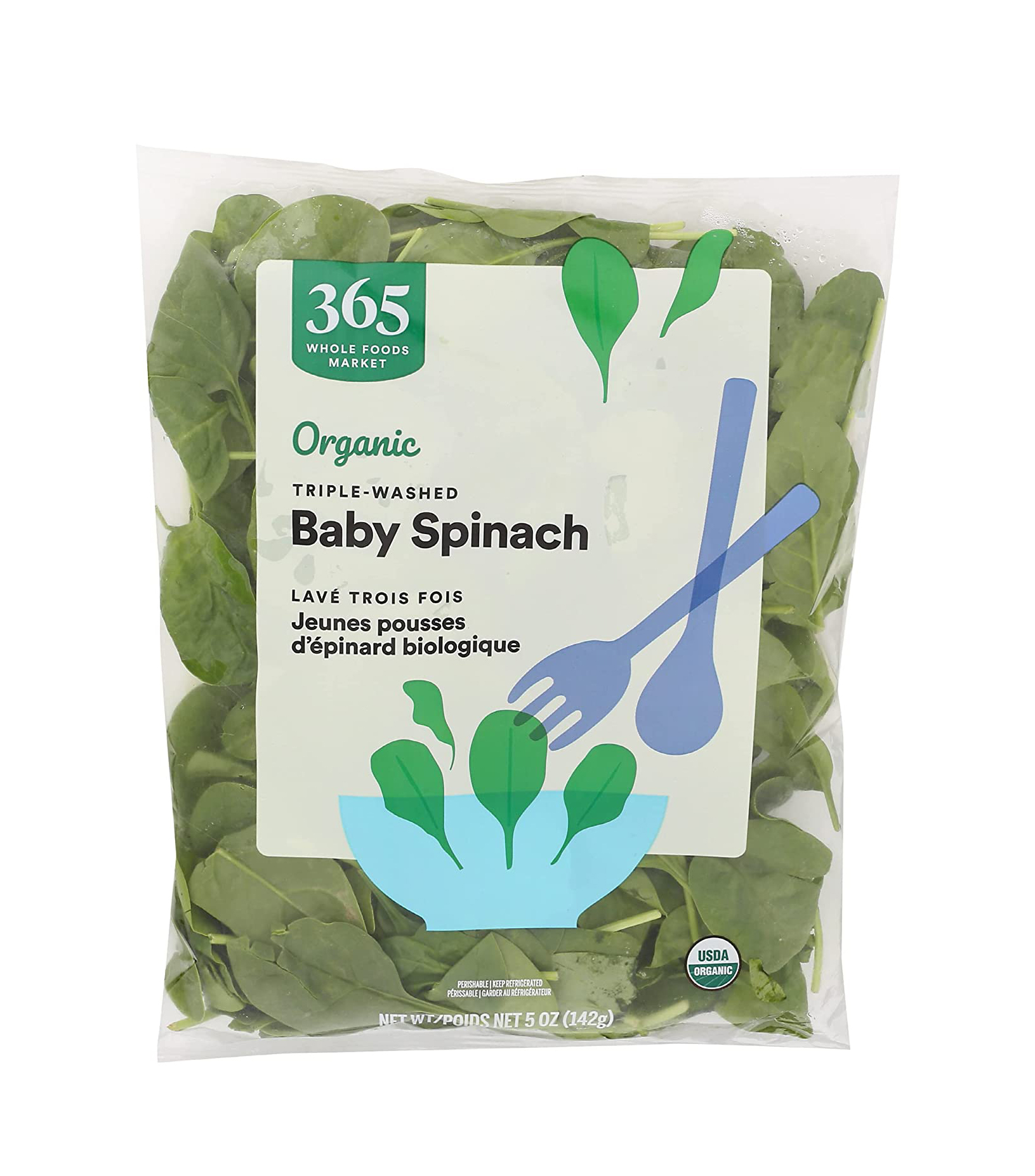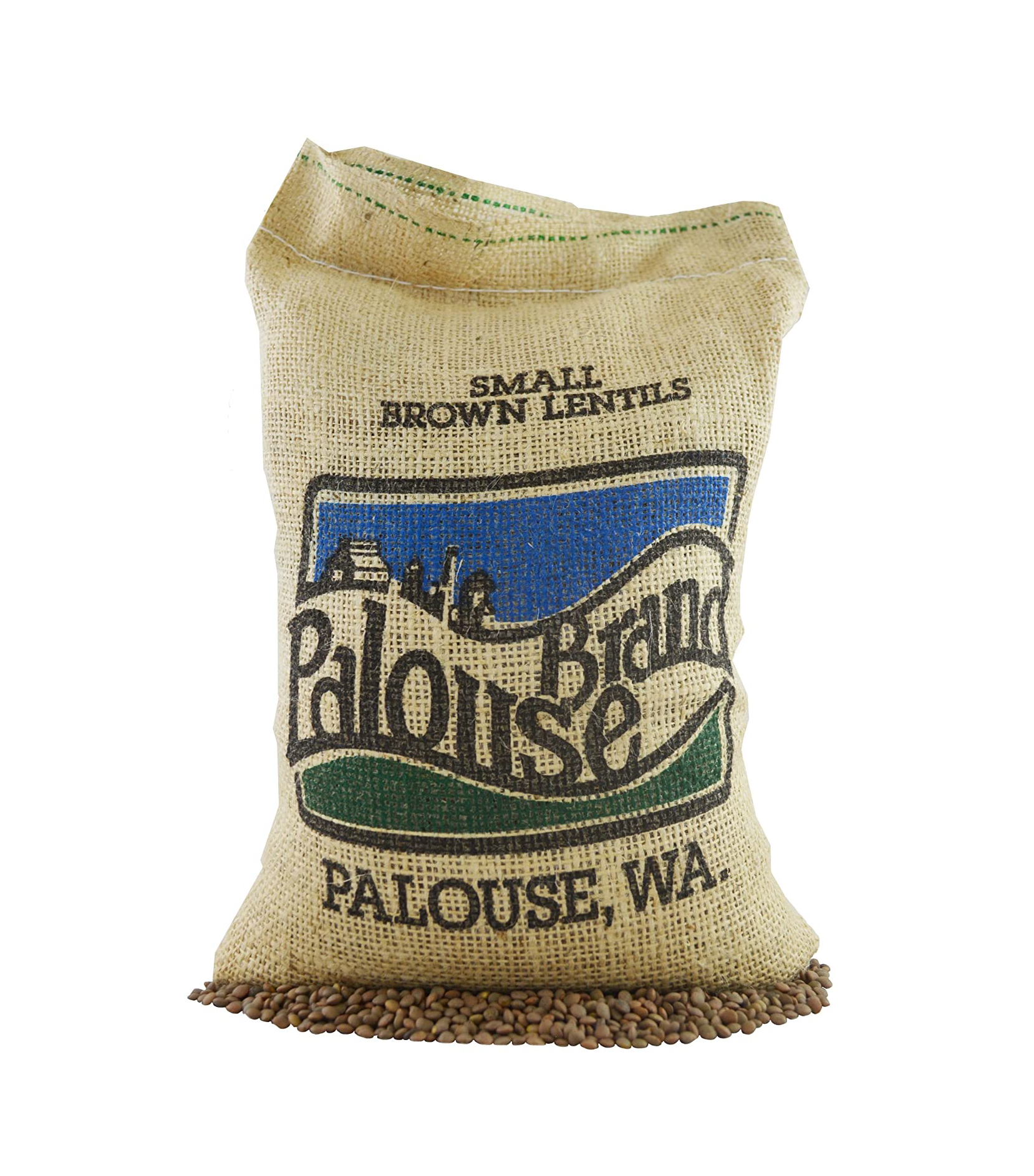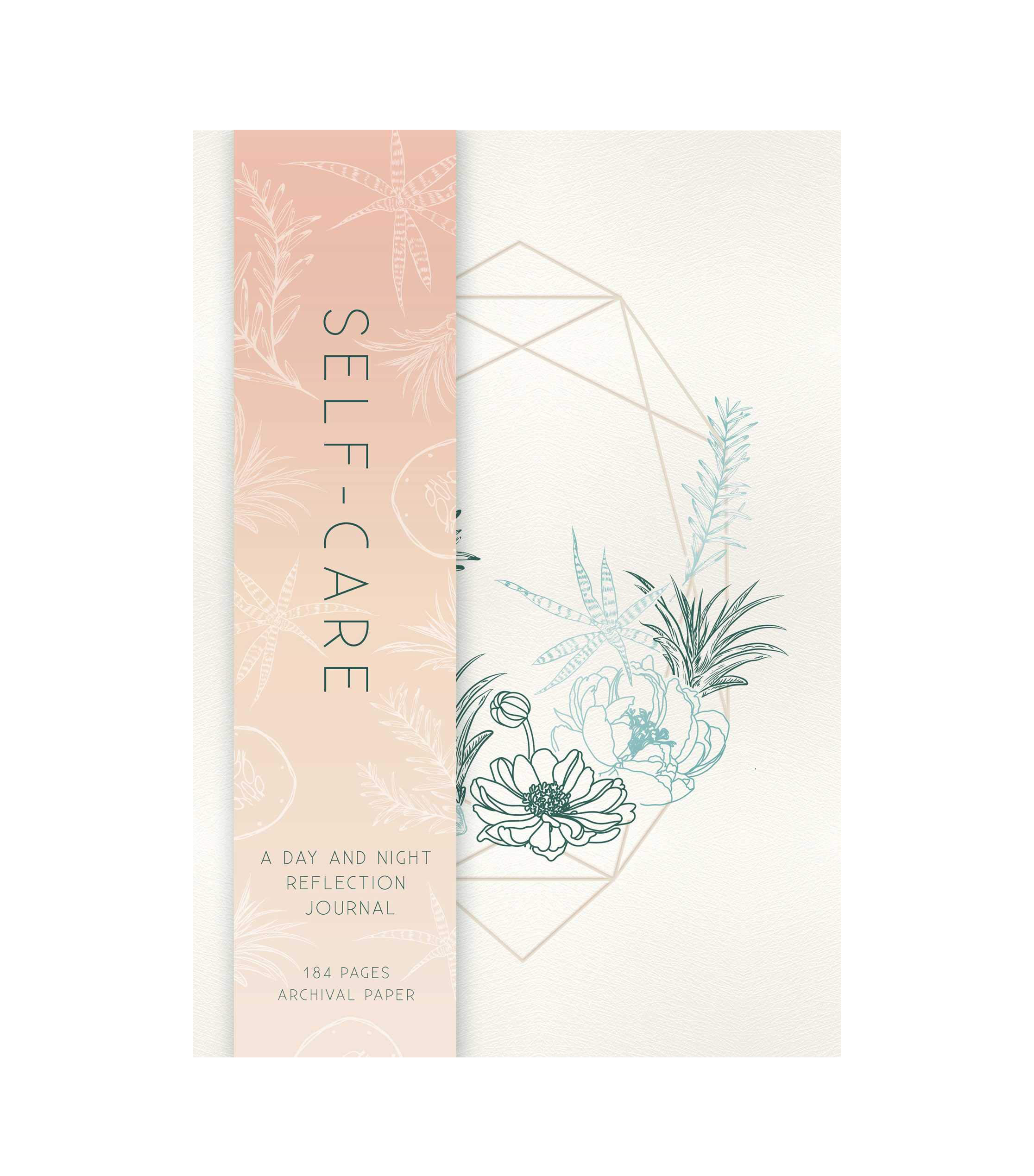Skip the Antacids—These 9 Foods Can Ease Heartburn Fast
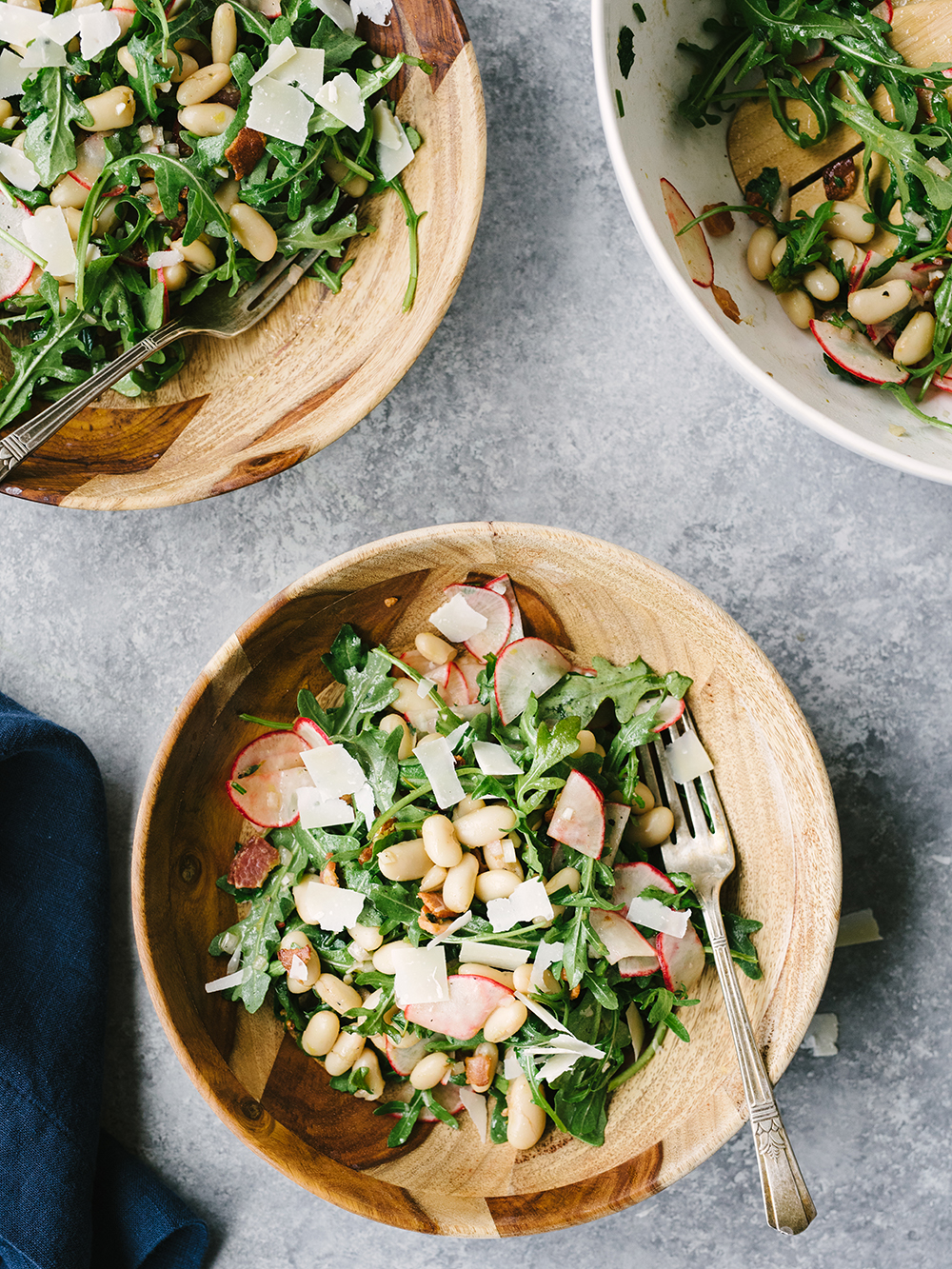
Heartburn can really put a damper on things. For example, let's say you're having a great night out with friends. You went out to a nice dinner, and now it's time to get a couple of cocktails at another bar, maybe even go dancing. But then it stops you in your tracks (and the "it" here is heartburn). You're feeling uncomfortable, you might even feel some pain, and you're just not feeling yourself anymore. More cocktails? No way—just your pajamas and a whole bunch of Tums, please.
"Heartburn (aka gastroesophageal reflux disease/GERD aka acid reflux) GERD is a digestive disorder that typically develops when stomach acids repeatedly flow back up into the esophagus," says Tamar Samuels, MS, RDN, NBC-HWC, a registered dietitian, national board–certified health and wellness coach, and co-founder of Culina Health. "Your esophagus and stomach are connected by a muscle ring called the lower esophageal sphincter (LES). In normal circumstances, the LES closes after allowing food to pass through the esophagus and into the stomach. This prevents stomach acids from backflowing into your esophagus. An abnormal or weakened LES can lose its ability to effectively close during food transit, allowing stomach acids to leak back into the esophagus. This backwash, known as acid reflux, can irritate the mucosal lining of your esophagus, which may lead to unwanted symptoms and potential complications."
Some symptoms you might experience are a burning pain in the chest and throat, an uptick in symptoms when lying down, and a bitter or acidic taste in your mouth, adds Carolyn Brown, MS, RD, co-founder of Indigo Wellness Group. And interestingly, Brown says sometimes it's not that there's too much stomach acid—some people can experience heartburn from having too little stomach acid.
So how can you deal with the pain and discomfort or avoid it in the first place? And what remedies or foods should you try to ease heartburn? We get to all of that below, but first, it's important to figure out the common causes.
What Causes Heartburn?

Unsurprisingly, heartburn is caused by eating certain foods. "Some heartburn causes include spicy foods, onions, tomatoes, fried foods, chocolate, alcohol, and coffee," Brown says. "Carbonated drinks can also be a trigger, as can citrus. Heartburn can sometimes be caused by a gluten or dairy sensitivity or by microbiome disruption."
Some lifestyle habits and behavioral triggers can cause it, too. Think things like lying down immediately after a meal, overeating, eating too soon before bed, and eating large meals. Chronic stress can also be a trigger.
"Certain groups of people are at higher risk for heartburn," explains Alli Magier, MS, RDN, LDN, a registered dietitian at Rooted Wellness. "Risk factors include being overweight/obese, pregnancy, smoking, hiatal hernias, and even taking certain medications."
Foods That Ease Heartburn
If you're looking for another remedy besides antacids, there are certain foods that can make you feel a whole lot better. The experts laid it out for us below.
1. High-Fiber Foods
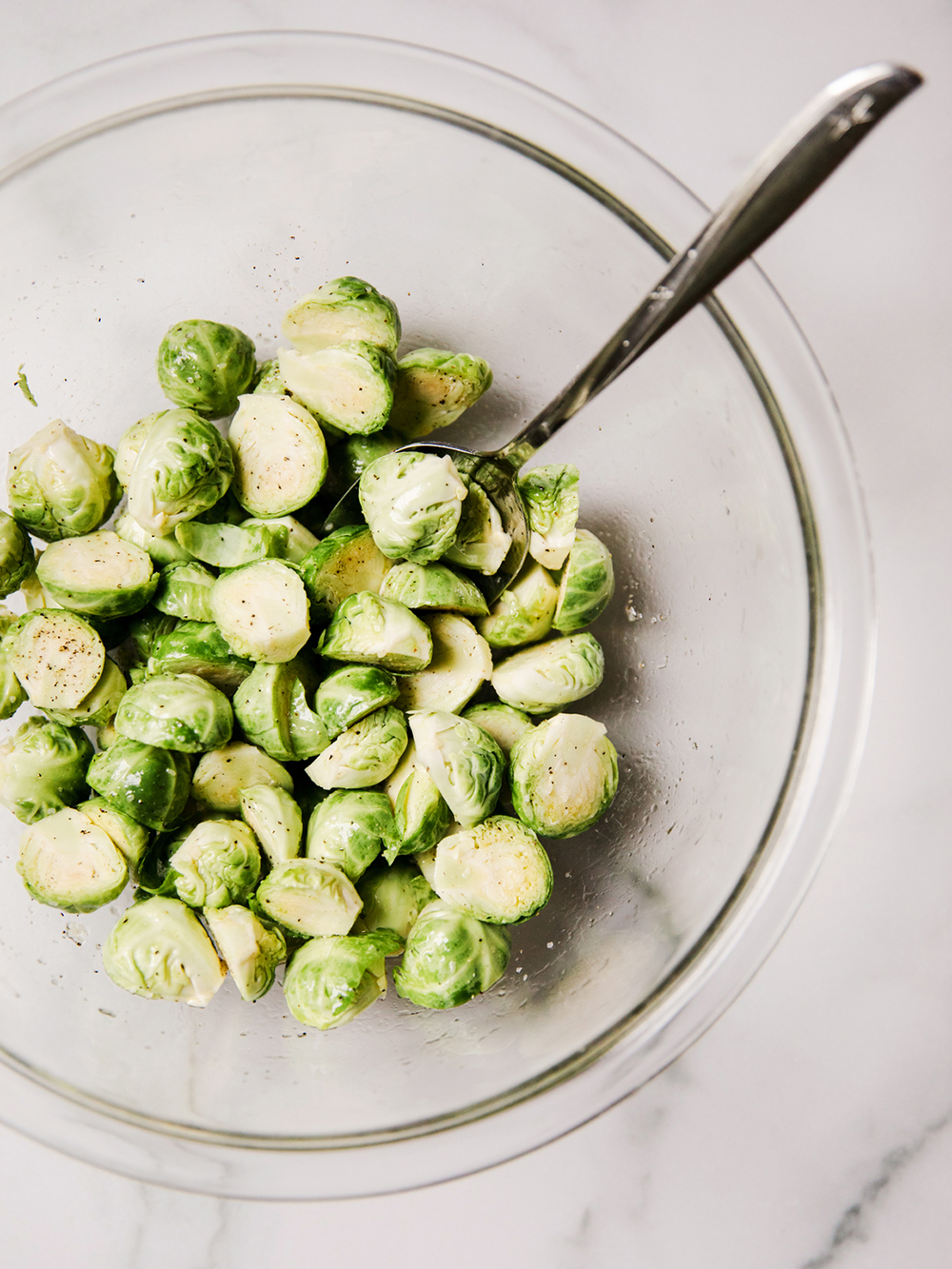
Load up on those fiber-rich foods. Samuels says a diet rich in fiber, notably soluble fiber has been shown to reduce the risk of acid reflux. "Fiber-rich food sources include whole grains (oatmeal, couscous, brown rice), root vegetables (sweet potatoes, carrots, beets), and green vegetables (asparagus, broccoli, and green beans)," she says. "Soluble fiber foods include beans, brussels sprouts, avocado, pears, figs, flaxseeds, sunflower seeds, hazelnuts, oats, peas, barley, and apples. Psyllium is also a great source of soluble fiber and can be taken in the form of a supplement."
2. High-pH Foods
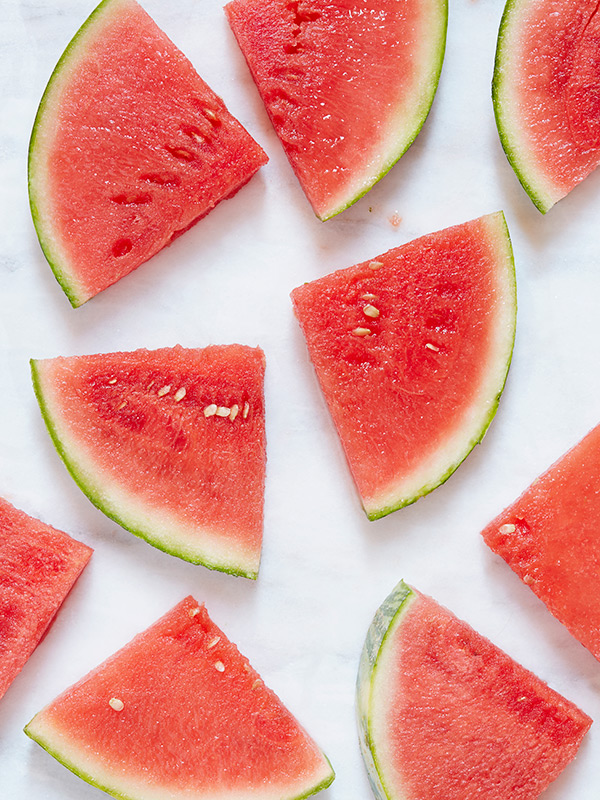
"The pH scale is a determinant of acidity and alkalinity levels in an aqueous solution. Turns out foods have their own pH levels," Samuels explains. "Low-pH foods are more acidic, whereas high-pH foods, known as alkaline foods, can help mitigate high levels of stomach acids and reduce acid reflux." Alkaline foods include most fruits and vegetables, soybeans, potatoes, tofu, legumes, seeds, and nuts.
And Samuels says foods with high water content can also help ease heartburn symptoms—that includes celery, lettuce, cucumber, watermelon, cantaloupe, peaches, broths, and soups.
3. Lemon Water
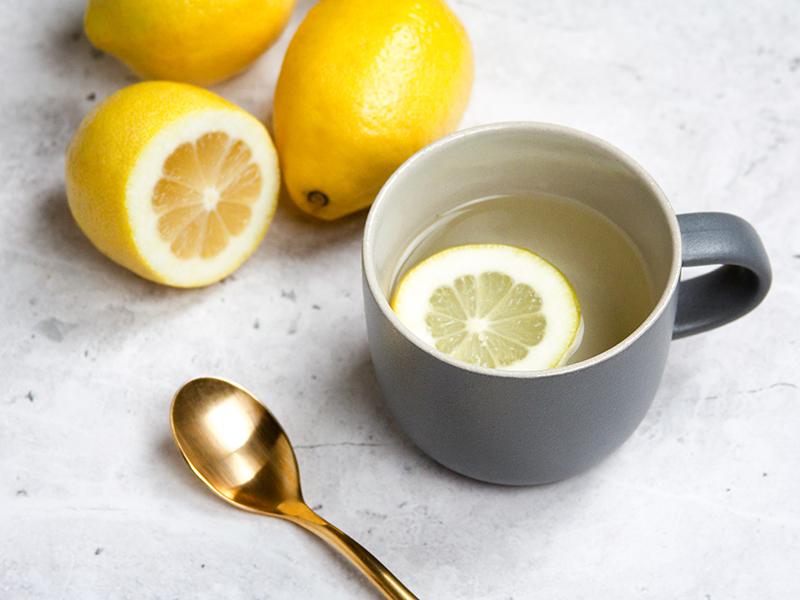
Brown recommends drinking lemon water with raw Manuka honey. "Although lemon is considered acidic, when mixed with warm water and a teaspoon of manuka honey, it neutralizes stomach acid," she explains.
4. Bananas
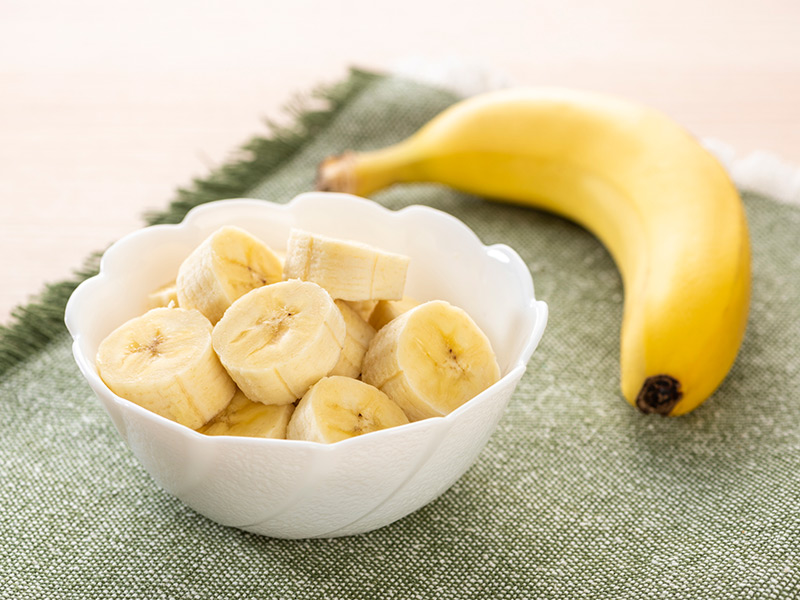
"Bananas are a low-acid fruit that can help to neutralize stomach acid," Magier says.
5. Ginger
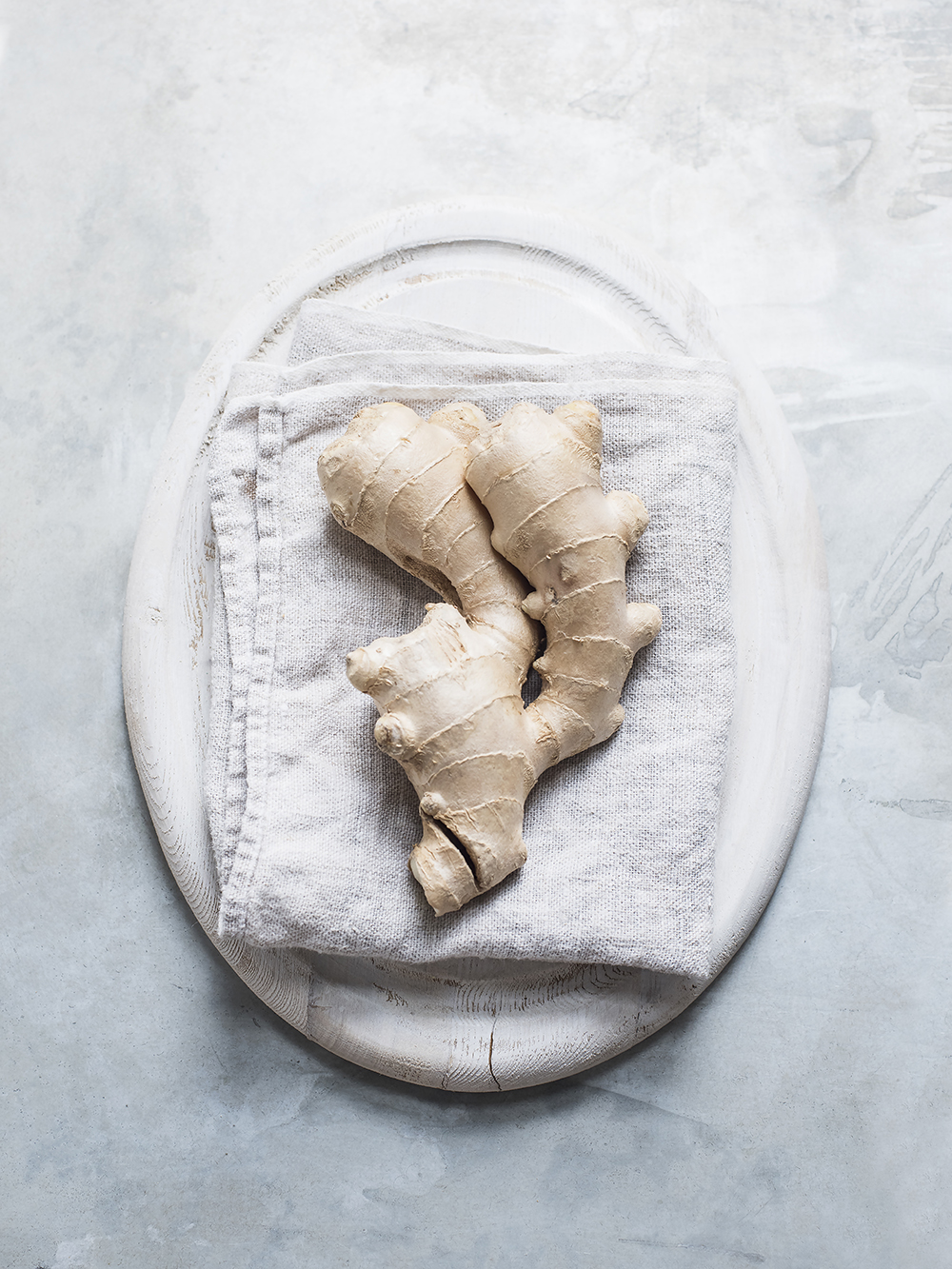
"Ginger has been shown to alleviate acid reflux symptoms," Samuels says. "Its alkaline and anti-inflammatory properties can help reduce irritation. For example, drinking ginger tea is a great way to ease heartburn by soothing the mucosal lining of your esophagus."
6. Yogurt
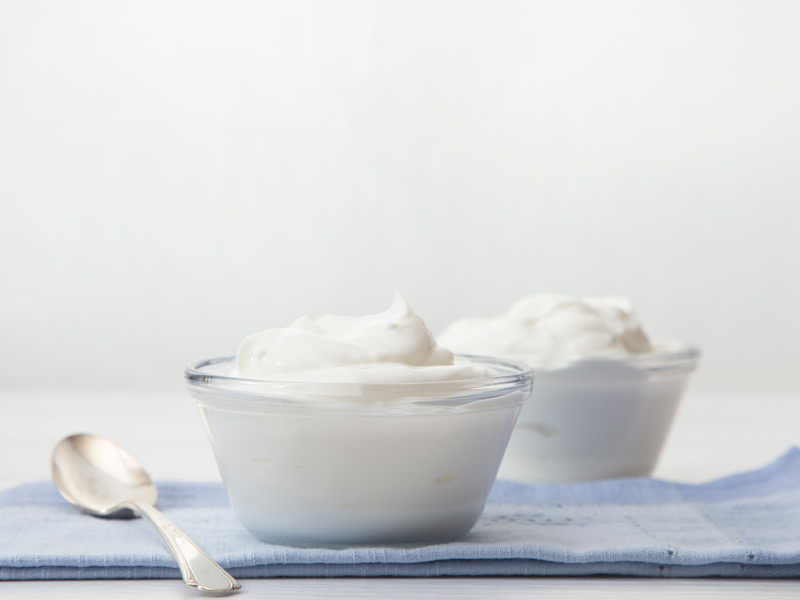
Magier says yogurt may act as a buffer and help decrease that uncomfortable burning sensation that you get with heartburn.
7. Melons
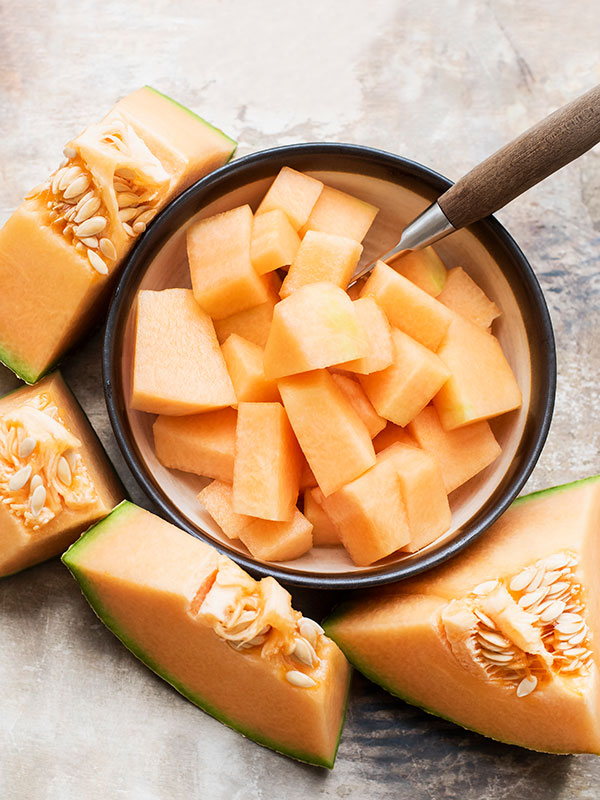
Brown says melons are lower-acid fruits that can help calm excess acid production. She recommends swapping out citrus fruits like grapefruit or oranges for them and other low-acid fruits.
8. Oatmeal
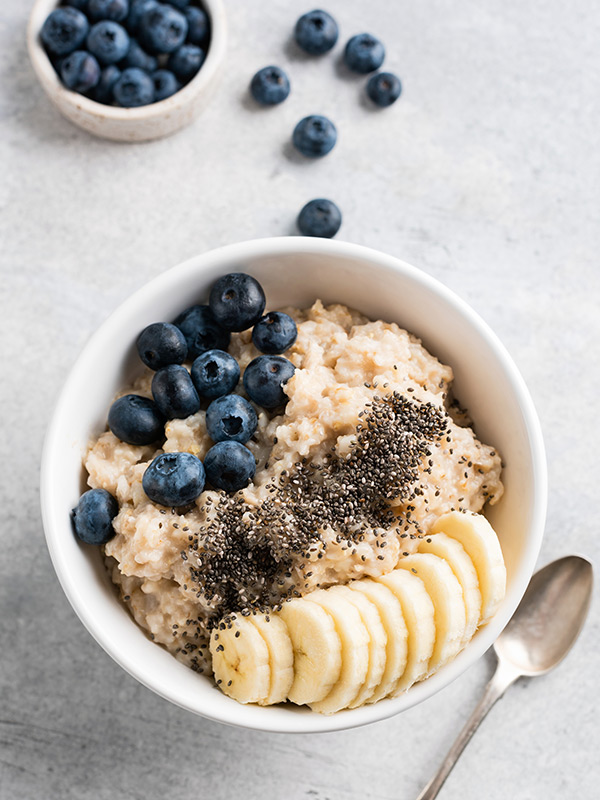
"Oatmeal is thought to absorb stomach acid and may improve heartburn symptoms. Other high-fiber whole grains also may help or prevent symptoms," Magier says.
9. Leafy Greens
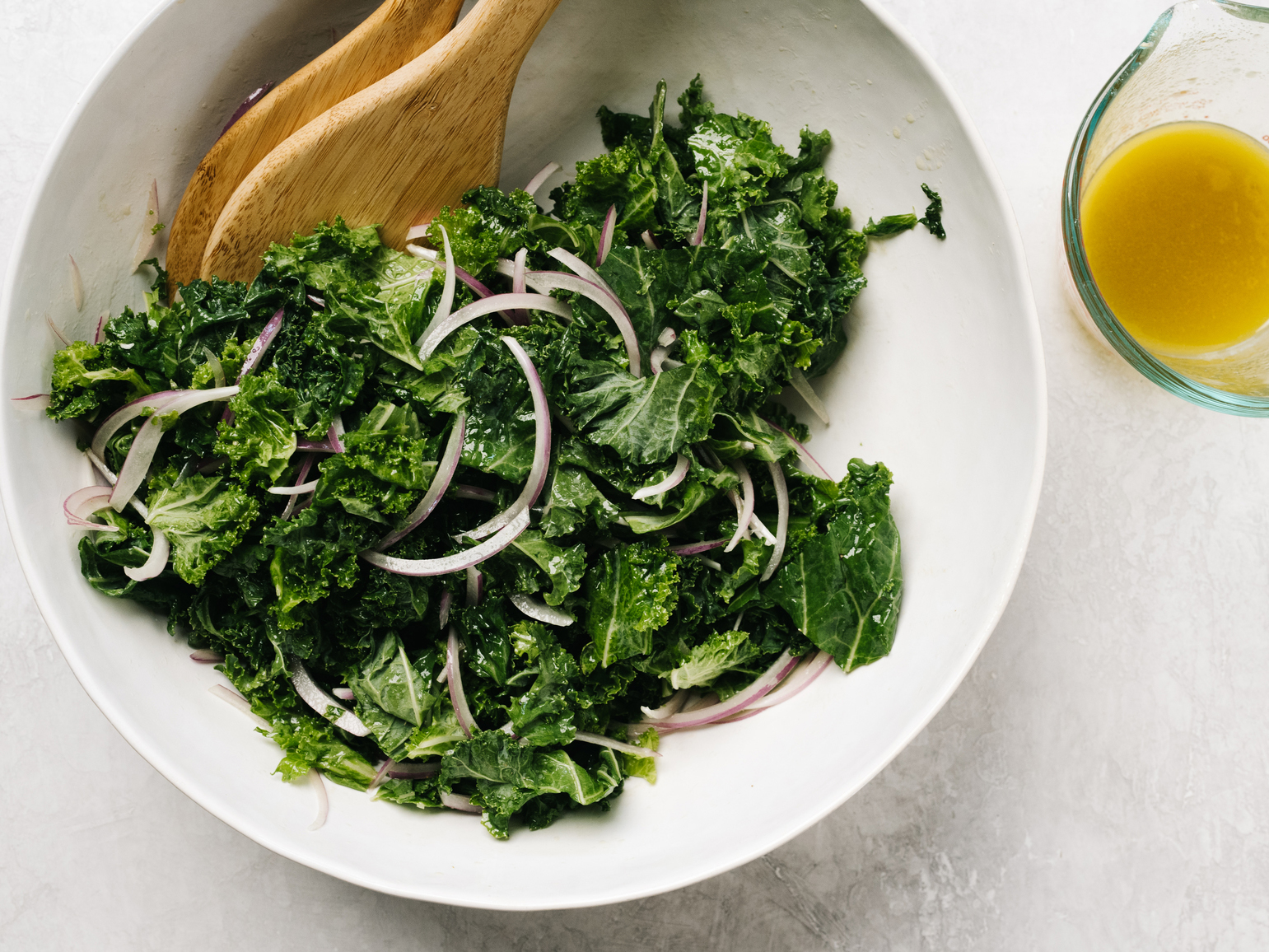
"Enjoying hydrating fruits and vegetables like leafy greens helps to dilute stomach acid and prevent heartburn," Magier says.
How to Avoid Heartburn
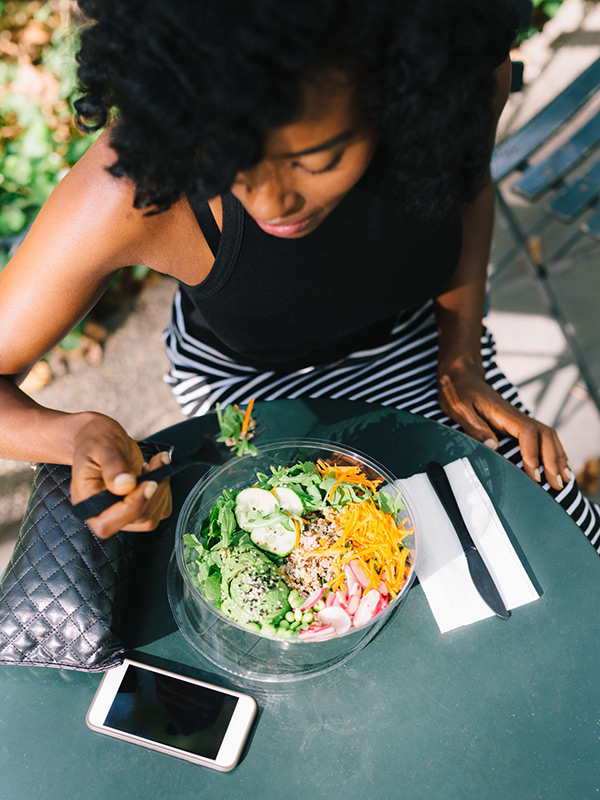
Now, if you want to avoid heartburn in the first place, there are a couple of things to keep in mind that involve diet and behavioral habits. It's all about avoiding any triggers. Take a look at some tips here.
Limit Foods That Cause Symptoms: This one is a no-brainer, right? Everyone is different, though, so "trigger" foods may vary. Magier recommends keeping a food-and-symptom log so you can easily pinpoint the foods that cause heartburn.
Avoid Large Meals: "Avoid large meals and opt for small frequent meals spaced out throughout the day," Samuels says. "Consuming five to six smaller meals a day and waiting two to four hours between meals will avoid overloading your stomach. This will give it the time it needs to digest the food you eat."
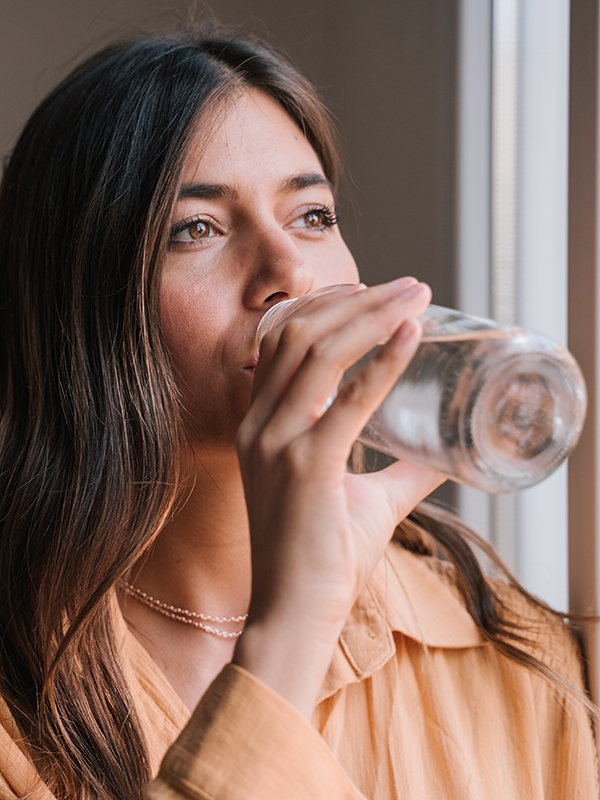
Eat Slowly: "Put your fork down in between bites of food and take your time," Magier says. "Eating too quickly causes the lower esophageal sphincter to stay open, allowing acid produced in your stomach to move up and cause heartburn."
Drink Water in Between Meals: Brown recommends not drinking water during meals but in between meals.
Don't Lie Down Right After Eating: Wait at least two to three hours after meals before lying down, Samuels says. "This will help relieve pressure on your stomach. So if you have dinner at 7 p.m., wait until 10 p.m. before your head hits the pillow. Speaking of pillows, it is also beneficial to elevate the head of your bed two to six inches with a foam wedge beneath the upper half of your body. This will ease the flow of food transit even when lying down." Brown suggests going for a 10- to 15-minute walk after a meal to avoid the temptation of lying on your couch.
Eat Meals Full of Fiber and Protein: Make sure what you eat is packed with these nutrients, Brown says.
Stop Eating Before Bed: Be mindful of your dinner time and your bedtime. Brown recommends trying to stop eating two to three hours before you go to sleep.
Wear Loose Clothing: "Tight clothing, especially tight belts or pants, can increase pressure on your stomach," Samuels says. "Switch to loose-fitting clothing, especially when eating meals."
Don't Exercise After Eating: Samuels says this can aggravate symptoms.
De-stress: Since chronic stress can also be a factor when it comes to heartburn, Samuels recommends finding ways to decrease your stress levels through exercise, meditation, journaling, talking to friends, or whatever helps you unwind.
Stop or Limit Smoking, Alcohol, and Caffeine: All of these can be triggers or make symptoms worse. "Both alcohol and caffeine increase acid production within the stomach," Magier says.
Next, 11 Tips for Eating Healthier That Are Actually Doable
Disclaimer
This article is provided for informational purposes only and is not intended to be used in the place of advice of your physician or other medical professionals. You should always consult with your doctor or healthcare provider first with any health-related questions.
Sarah is lifestyle writer and editor with over 10 years of experience covering health and wellness, interior design, food, beauty, and tech. Born and raised in Los Angeles, she attended New York University and lived in New York for 12 years before returning to L.A. in 2019. In addition to her work at Who What Wear, she held editor roles at Apartment Therapy, Real Simple, House Beautiful, Elle Decor, and The Bump (sister site of The Knot). She has a passion for health and wellness, but she especially loves writing about mental health. Her self-care routine consists of five things: a good workout, “me” time on the regular, an intriguing book/podcast/playlist to unwind after a long day, naps, and decorating her home.
-
 I Live for Yoga and Pilates—These Are the Pieces That Help My Flow
I Live for Yoga and Pilates—These Are the Pieces That Help My FlowTake notes.
By Humaa Hussain
-
 It's Time to Get Our Nutrition in Check for Summer—This App Is Making It Easy
It's Time to Get Our Nutrition in Check for Summer—This App Is Making It EasyThe recipe ideas are endless.
By Who What Wear
-
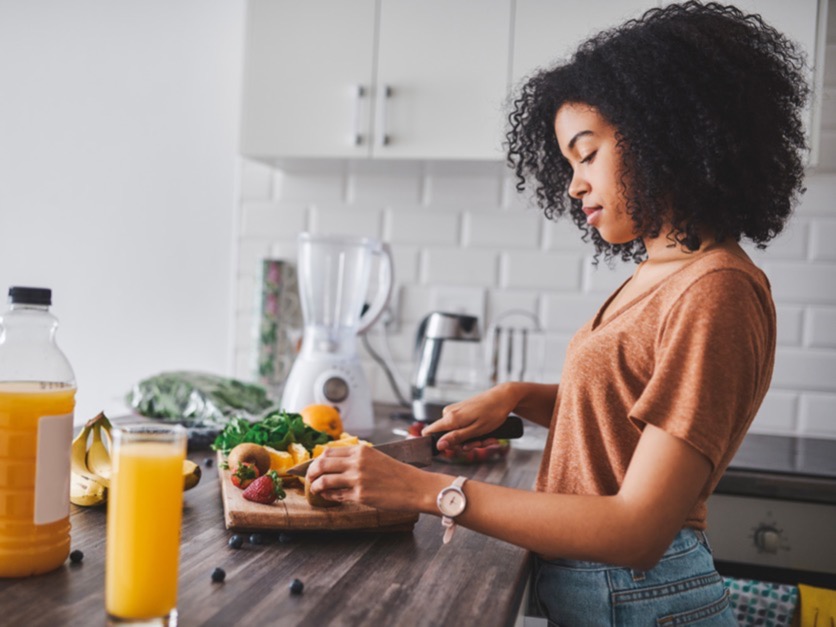 If You're Battling With Digestive Issues, This Could Be Why
If You're Battling With Digestive Issues, This Could Be WhyTurns out, you may not have IBS after all.
By Kia Topps
-
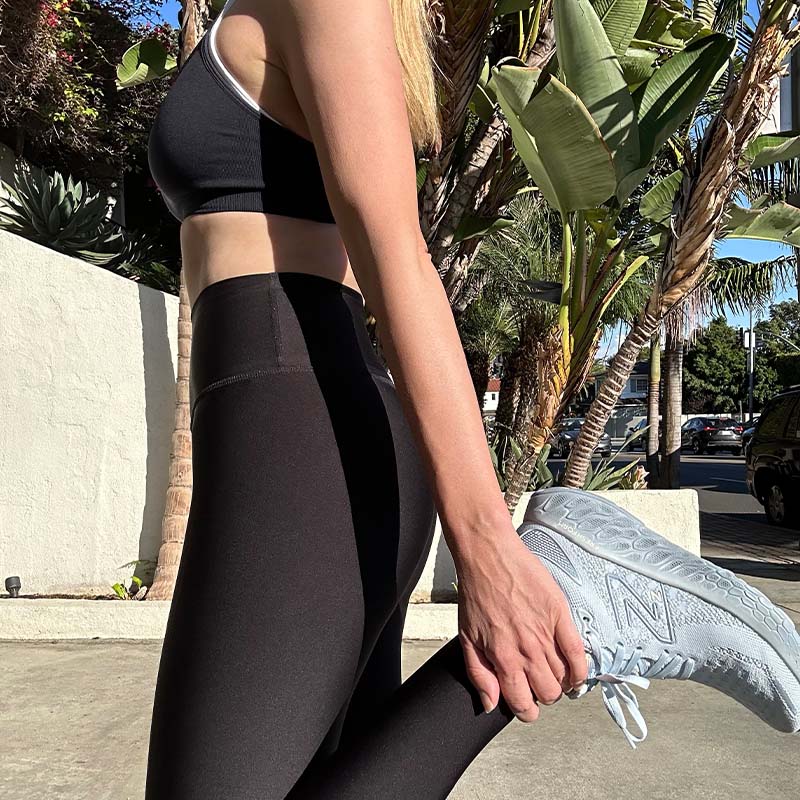 Our Editors Own a Lot of Sneakers, But This Pair Comes in First Place Every Time
Our Editors Own a Lot of Sneakers, But This Pair Comes in First Place Every TimeA major win.
By Aniyah Morinia
-
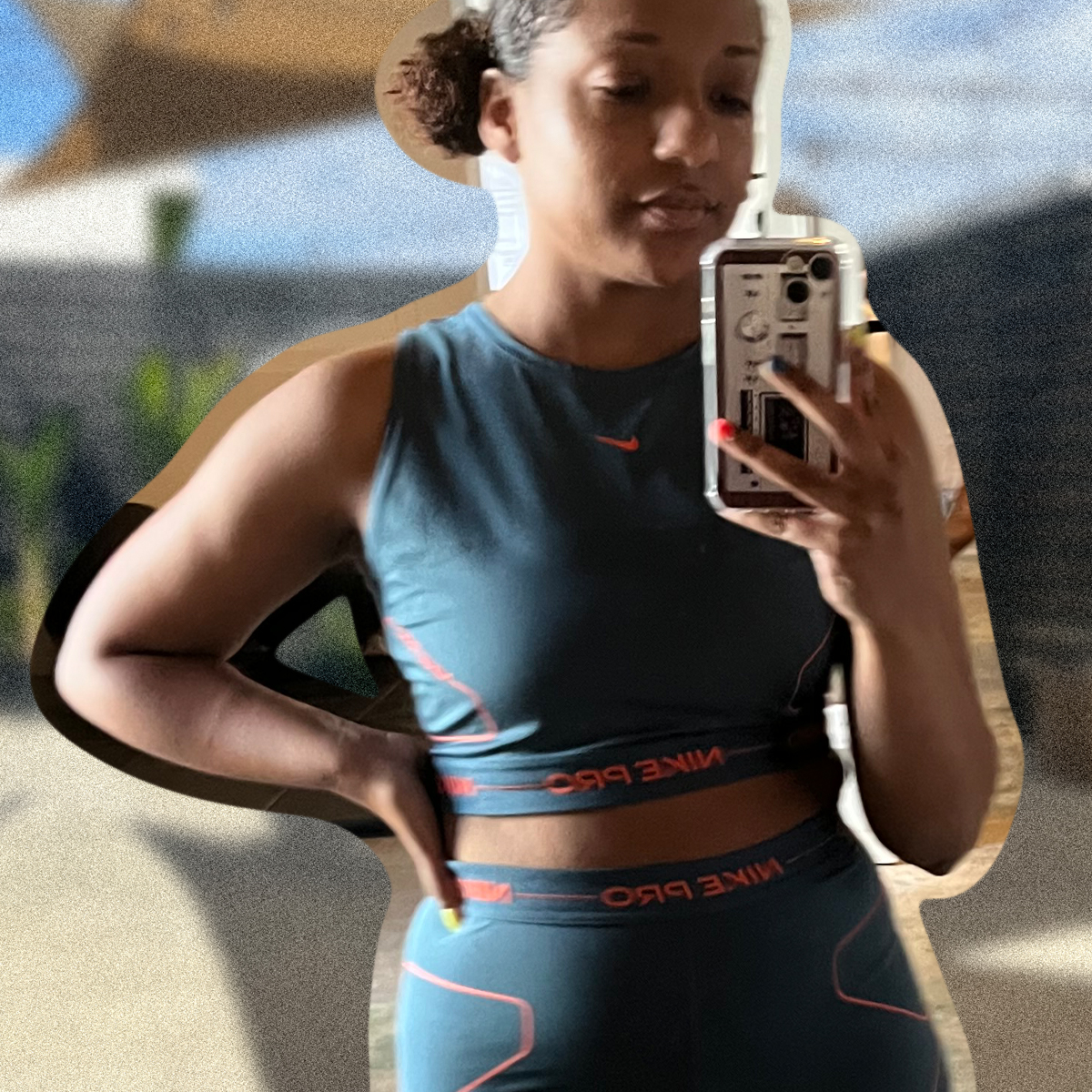 I Changed My Mind About Strength Training When I Tried This Workout
I Changed My Mind About Strength Training When I Tried This WorkoutMy confidence is officially on 10.
By Kia Topps
-
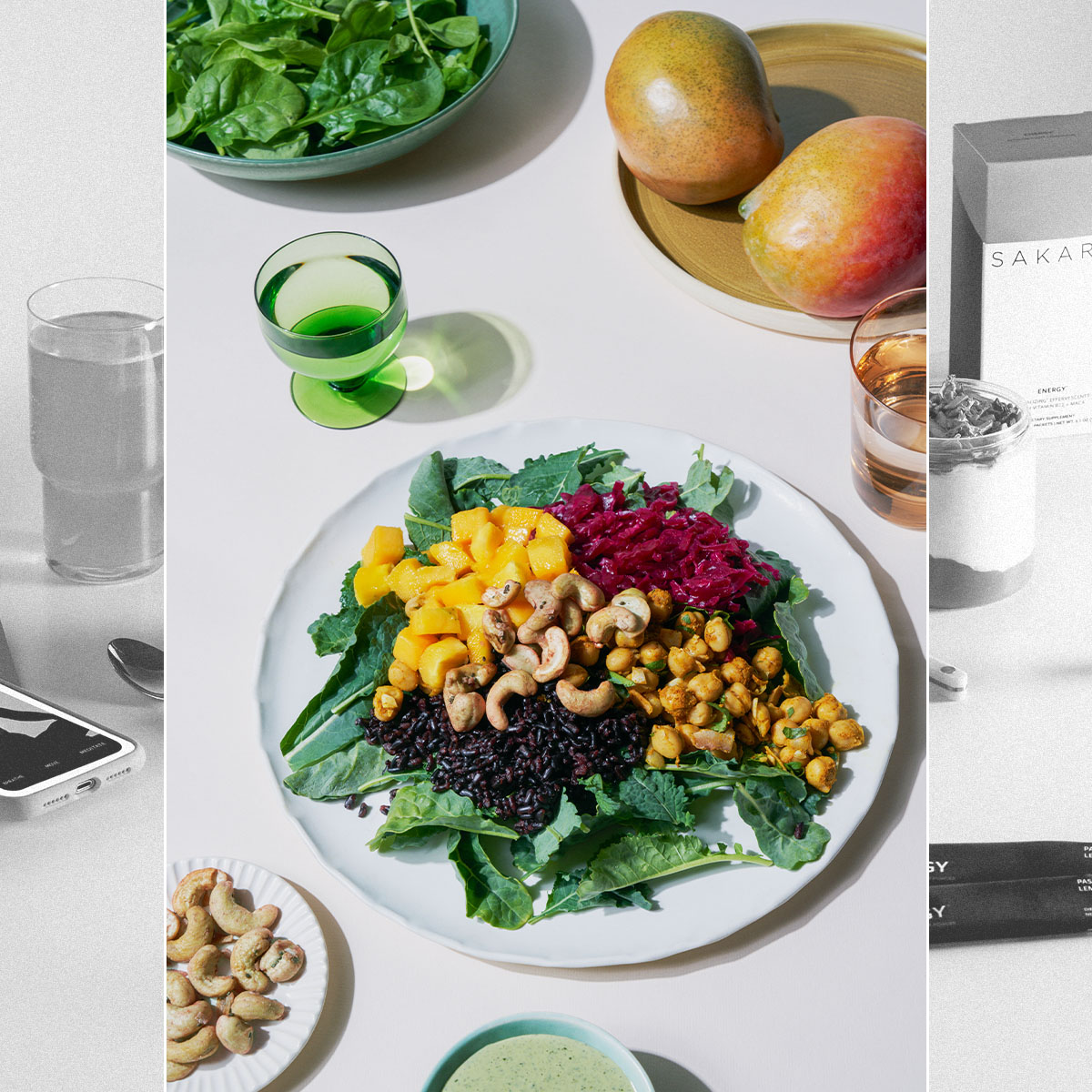 Bella Hadid and Gwyneth Paltrow Apparently Love Sakara Life, so We Tried It for 30 Days
Bella Hadid and Gwyneth Paltrow Apparently Love Sakara Life, so We Tried It for 30 DaysHere are our honest thoughts.
By Erin Jahns
-
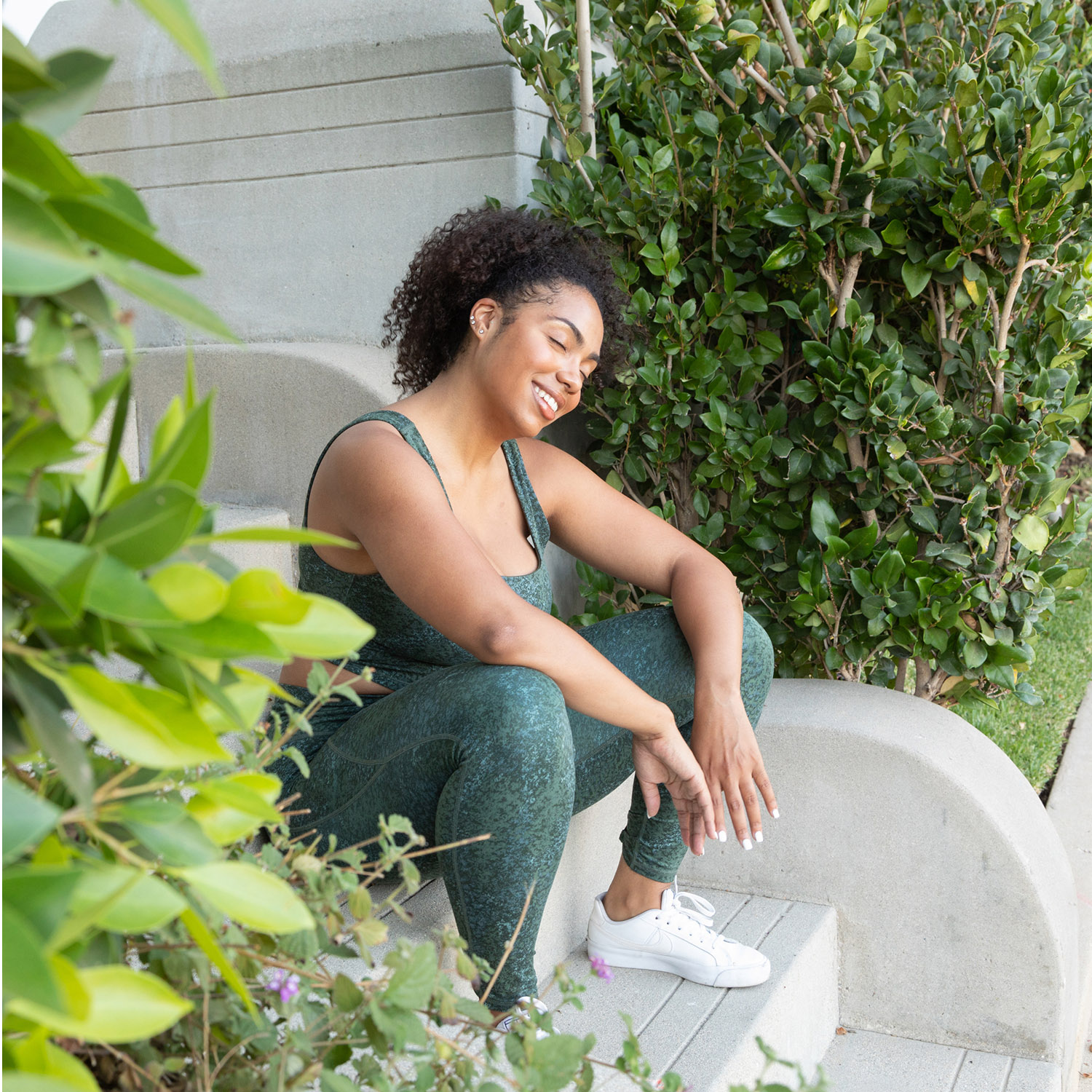 This Type of Gear Will Take Your Workout to the Next Level
This Type of Gear Will Take Your Workout to the Next LevelBring it on.
By Sarah Yang
-
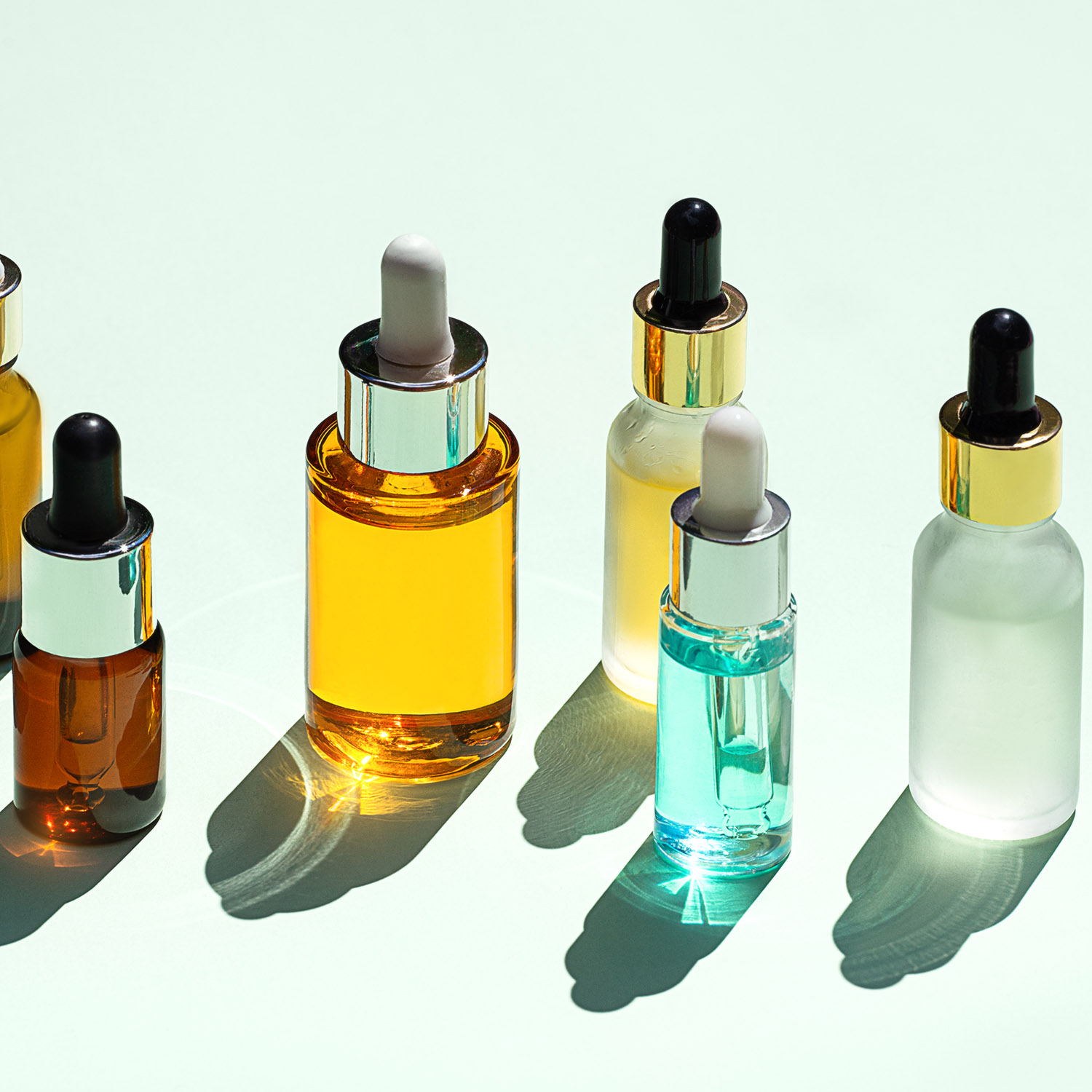 6 Essential Oils That Will Heal Your Painful Sunburns
6 Essential Oils That Will Heal Your Painful SunburnsAll-natural relief ahead.
By Samantha Parsons
